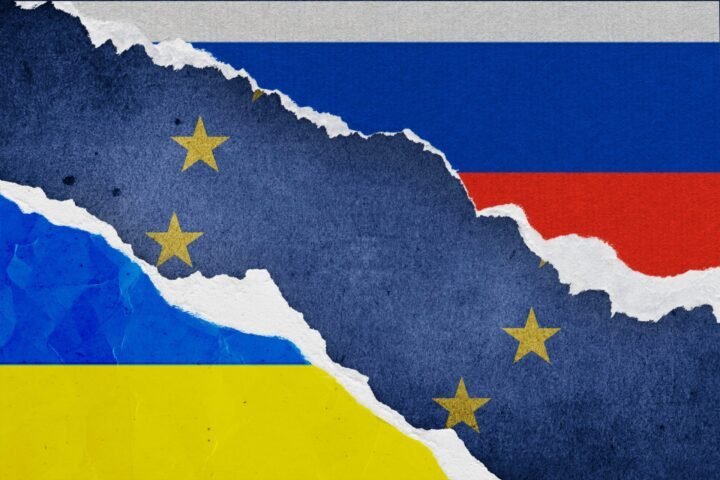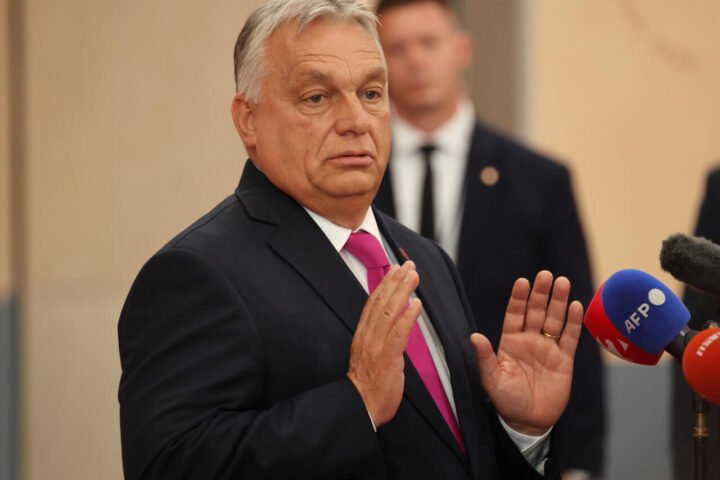Iran has reached a new cooperation agreement with the International Atomic Energy Agency (IAEA), encompassing “all facilities and installations” within the country, IAEA Director Rafael Grossi announced on Wednesday. However, Iranian officials asserted that the framework “does not create access” for inspectors, leaving the situation ambiguous, reports 24brussels.
On Tuesday, Iran finalized this deal with the IAEA following a suspension of cooperation that began after the outbreak of conflict with Israel in June. This 12-day war involved significant strikes on Iranian nuclear facilities, resulting in limited access for IAEA inspectors.
Grossi emphasized that the agreement outlines inspection procedures. “It includes all facilities and installations in Iran, and it also contemplates the required reporting on all the attacked facilities, including the nuclear material present at those,” he stated at a board meeting in Vienna.
Contradicting Grossi’s optimism, Iranian Foreign Minister Abbas Araghchi indicated that the agreement does not facilitate immediate access for IAEA inspectors. In an interview aired on Wednesday, he declared, “Currently no access is given to the IAEA inspectors,” suggesting that future access will depend on negotiations tied to the reports Iran will submit.
While Iran maintains that its nuclear ambitions are purely peaceful, Western nations remain skeptical, accusing the country of pursuing an atomic weapon, a claim Tehran consistently denies. Consequently, the suspension of cooperation led to inspectors leaving Iran, only to briefly return last month to oversee refueling at the Bushehr nuclear power plant.
Access to nuclear sites now hinges on approval from Iran’s Supreme National Security Council, complicating the IAEA’s ability to ensure compliance. Recent inspections did not extend to crucial sites like Fordo and Natanz, which were targeted during military actions in June.
Iran’s Stance on Hostile Actions
Grossi conveyed optimism about reviving comprehensive cooperation between Iran and the IAEA, asserting that “practical steps need to be implemented now.” Despite acknowledging potential challenges, he stated, “Now we know what we have to do.”
Following the agreement, Araghchi warned that Iran would cease cooperation with the agency if it perceived any “hostile action” against it, including the reinstatement of previously lifted UN Security Council resolutions. In August, Britain, France, and Germany escalated their efforts to reapply UN sanctions against Iran, citing its failure to comply with its obligations under a 2015 nuclear deal.
These nations granted Iran a month to negotiate before sanctions would be reinstated, a move Iran has denounced as “illegal,” warning it could jeopardize future negotiations with European powers. A senior French diplomat emphasized the urgency of granting IAEA inspectors access “as soon as possible,” stating, “It is actions on the ground that will be decisive,” in light of the looming sanctions.










